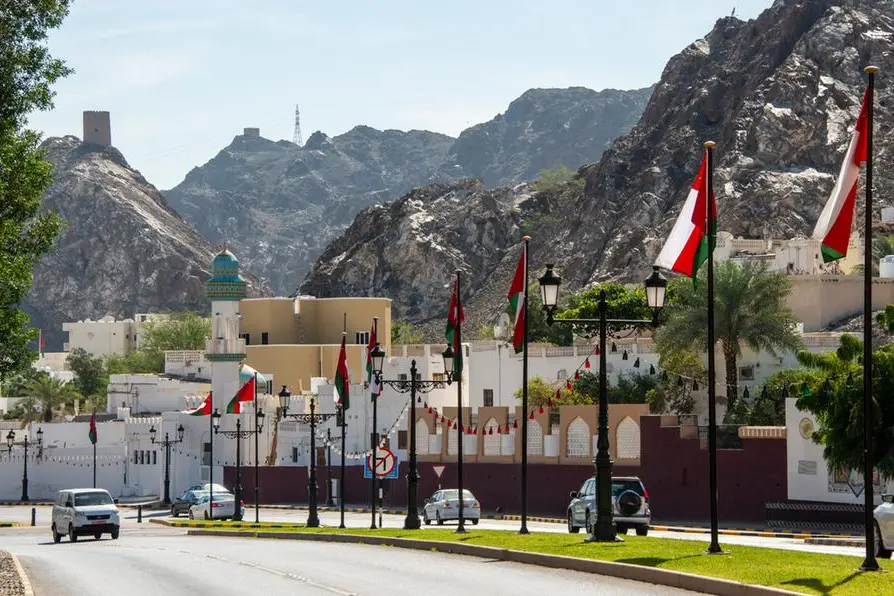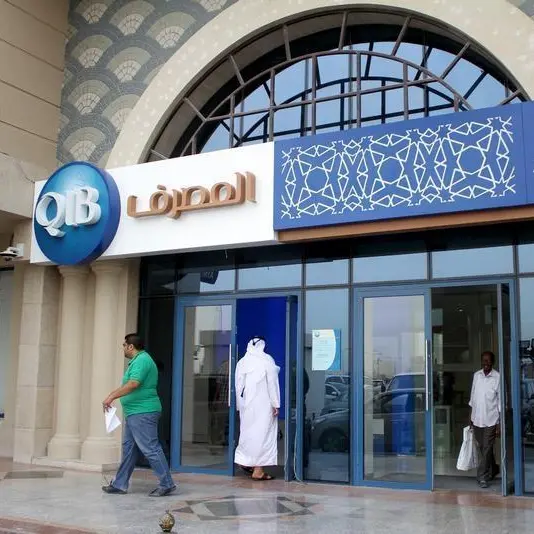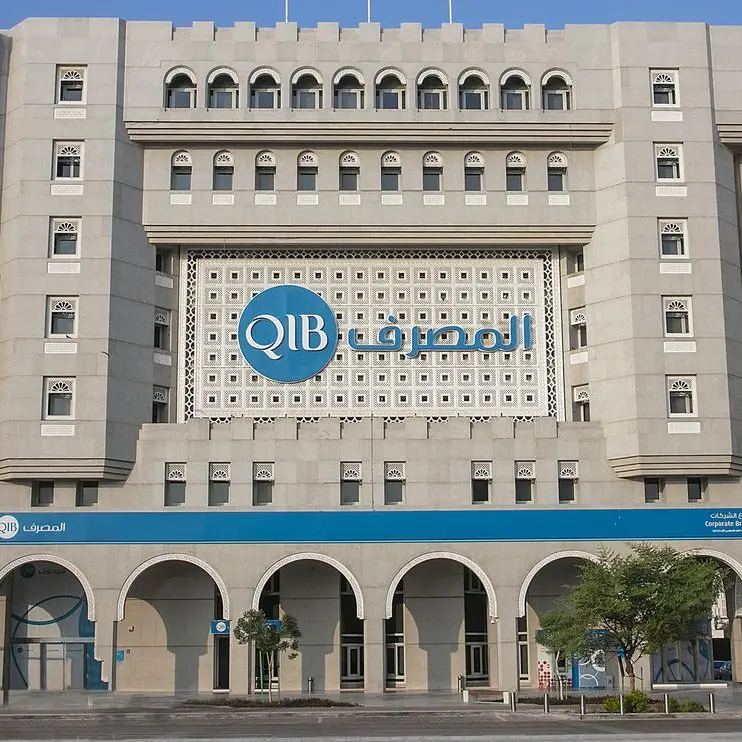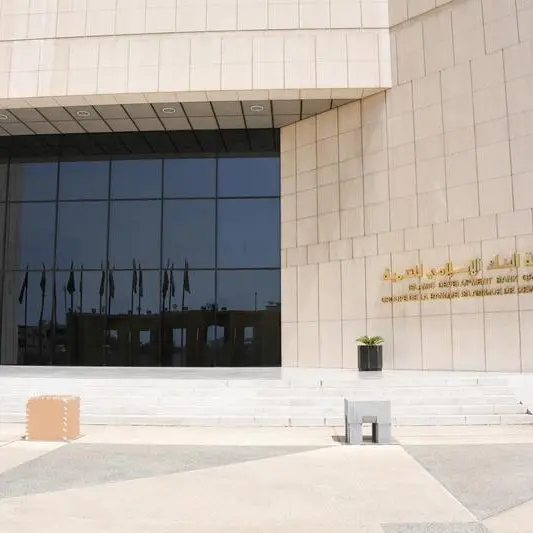PHOTO
The new Oman Banking Law under Royal Decree 2025/2 consists of nine units and 241 articles.
However, what is of particular interest in this discussion is the future of Islamic banking in Oman. A significant addition to the new law is the provision allowing the Central Bank of Oman (CBO) to enable conventional banks to convert their Islamic windows into fully-fledged local Islamic banks through subsidiaries, as stated in Article 129. This development raises questions about its impact on the existing standalone Islamic banks in Oman, such as Bank Nizwa and Al Izz Islamic Bank.
From an economic standpoint, this regulatory shift presents both opportunities and challenges. On one hand, increased Islamic banking activity in Oman could enhance market liquidity and bring in more funds, benefiting the overall economy. More institutions offering Sharia-compliant financial services will likely attract a broader customer base, especially those who prefer interest-free banking and ethical financial products.
On the other hand, the introduction of more players in the Islamic banking sector will undoubtedly intensify competition. Currently, Bank Nizwa and Al Izz Islamic Bank have positioned themselves as the primary providers of full-fledged Islamic banking in the country.
If conventional banks successfully convert their Islamic windows into independent subsidiaries, they may leverage their existing customer base, operational efficiencies, and brand recognition to capture a larger share of the Islamic banking market.
This competition could drive innovation, better customer service, and more competitive financial products. It could also encourage existing Islamic banks to enhance their digital banking capabilities and expand their range of Sharia-compliant offerings to stay ahead.
However, there are also risks. If new entrants focus primarily on profitability without maintaining the core principles of Islamic banking, consumer trust in the sector could be affected. Therefore, the regulatory oversight by the CBO will play a crucial role in ensuring that all Islamic banking institutions adhere strictly to Sharia principles.
Moreover, the potential expansion of Islamic banking subsidiaries could lead to structural shifts in Oman's financial sector. Conventional banks with Islamic subsidiaries may invest more in research and development to offer innovative Islamic financial products. This, in turn, may help strengthen Oman’s position as a regional hub for Islamic finance. The presence of multiple well-established Islamic banking institutions could also attract foreign investors looking for Sharia-compliant investment opportunities.
Another important consideration is financial inclusion. A greater number of Islamic banking options could encourage more Omanis and expatriates who prefer Sharia-compliant banking to participate in the formal financial system. This could lead to an overall increase in banking penetration and economic growth. Additionally, Islamic banking’s focus on asset-backed financing and risk-sharing mechanisms can support small and medium enterprises (SMEs) by providing alternative financing options that align with Islamic principles.
Looking ahead, the future of Islamic banking in Oman will largely depend on how well existing Islamic banks adapt to the evolving landscape and how effectively new entrants establish themselves. Collaboration between regulators, financial institutions, and Sharia scholars will be essential to maintain a balance between competition and compliance with Islamic financial principles. Strategic partnerships, enhanced customer education, and continuous innovation will be key factors in ensuring the sustained growth of Islamic banking in Oman.
In conclusion, the new provision allowing the conversion of Islamic windows into full-fledged Islamic banks presents both opportunities and challenges for the Islamic banking sector in Oman. While increased competition may put pressure on existing banks, it also has the potential to expand financial inclusion, attract investment, and drive innovation in Sharia-compliant banking. As the industry evolves, strong regulatory oversight and a commitment to maintaining Islamic banking principles will be critical to ensuring sustainable growth and long-term success in the Omani market.
2022 © All right reserved for Oman Establishment for Press, Publication and Advertising (OEPPA) Provided by SyndiGate Media Inc. (Syndigate.info).





















